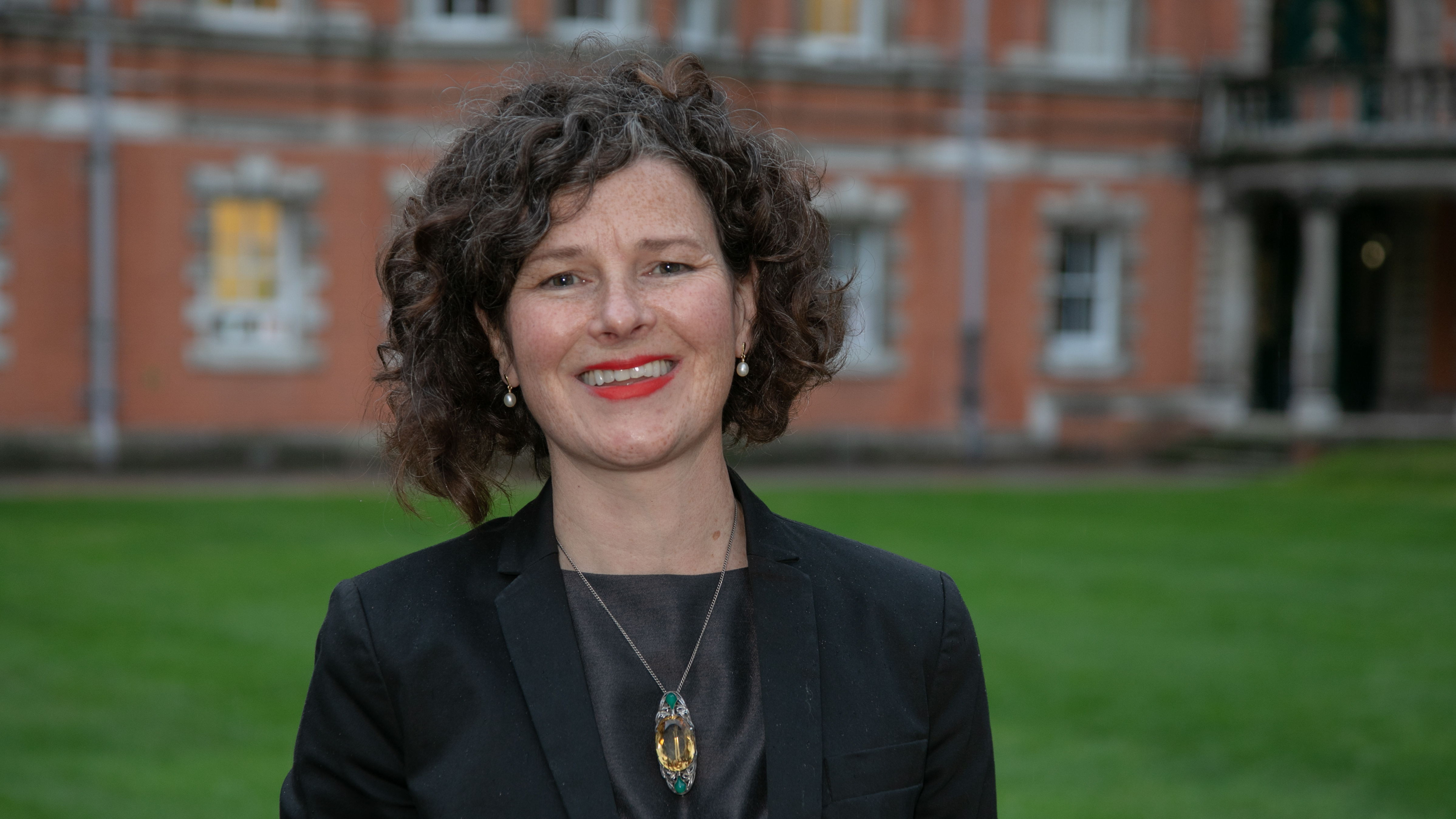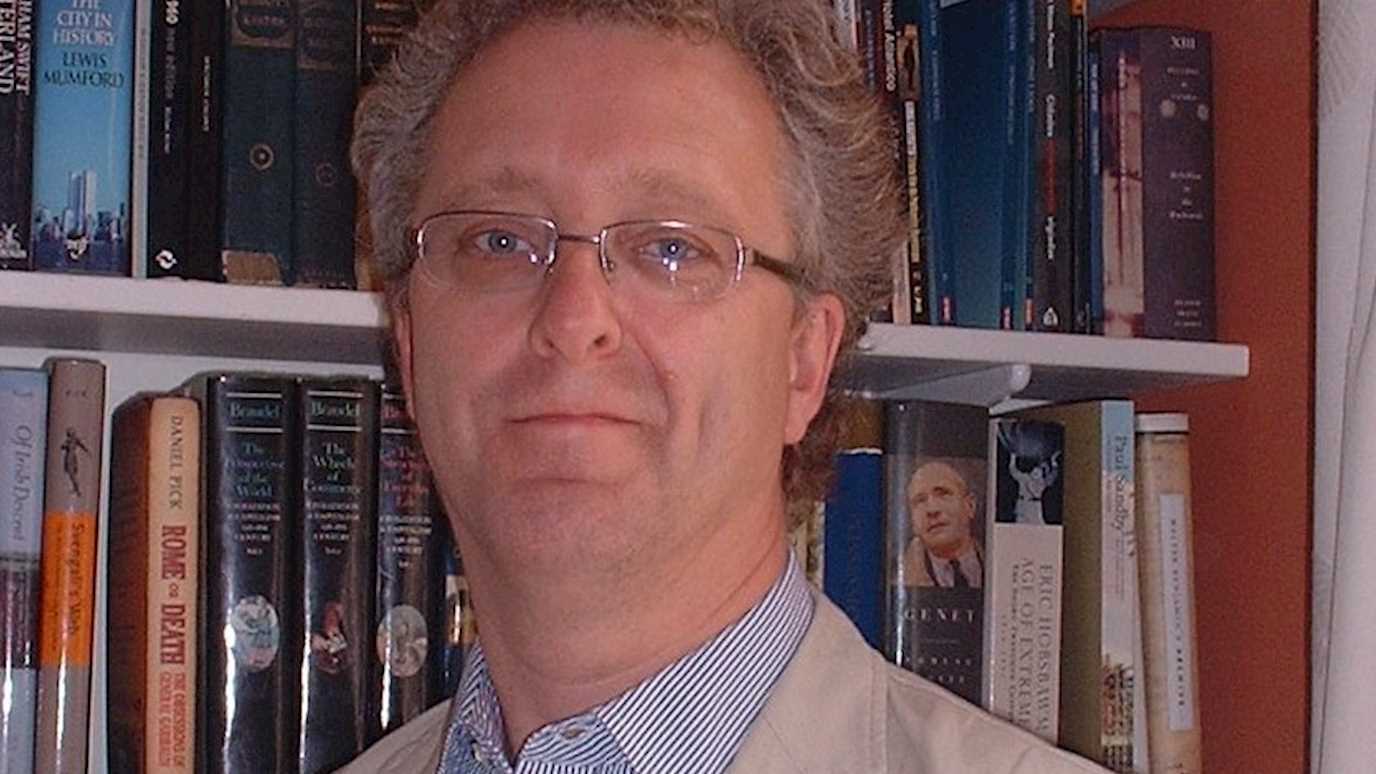Oxygen levels in the ancient oceans were surprisingly resilient to climate change, new research suggests.

Scientists from ETH Zurich, Royal Holloway and the University of Exeter carried out the study by using geological samples to estimate ocean oxygen during a period of global warming 56 million years ago – and found ‘limited expansion’ of seafloor anoxia (absence of oxygen).
Global warming – both past and present – depletes ocean oxygen, but the new study suggests warming of 5°C in the Paleocene Eocene Thermal Maximum (PETM) led to anoxia covering no more than 2% of the global seafloor.
However, conditions are different today to the PETM. Today’s rate of carbon emissions is much faster, and we are adding nutrient pollution to the oceans, both of which could drive more rapid and expansive oxygen loss.
Dr Alex Dickson, Reader of Geochemistry from the Department of Earth Sciences at Royal Holloway said: “The PETM is one of the best examples we have of rapid global warming in a period of Earth's history that was free of human influences.
“Our new study shows for the first time, how much oxygen may have declined globally across this event.
“It benchmarks what we could expect to happen in our not-too-distant future, even in the absence of additional human influences, such as runoff from industrial fertilisers into ocean 'dead' zones.”
Lead author Dr Matthew Clarkson, of ETH Zurich, said: “The good news from our study is that the Earth system was resilient to seafloor deoxygenation 56 million years ago despite pronounced global warming.
"However, there are reasons why things are different today.
"In particular, we think the Paleocene had higher atmospheric oxygen than today, which would have made anoxia less likely.
"Additionally, human activity is putting more nutrients into the ocean through fertilisers and pollution, which can drive oxygen loss and accelerate environmental deterioration."
To estimate ocean oxygen levels during the PETM, the researchers analysed the isotopic composition of uranium in ocean sediments, which tracks oxygen concentrations.
Surprisingly, these barely changed during the PETM.
This sets an upper limit on how much ocean oxygen levels could have changed.
Computer simulations based on the results suggest a maximum ten-fold increase in the area of seafloor devoid of oxygen – taking the total to no more than 2% of the global seafloor.
This is still significant, at around ten times the modern area of anoxia, and there were clearly detrimental impacts and extinctions of marine life in some parts of the ocean.
The research team also included University of Cambridge and Cardiff University.
























